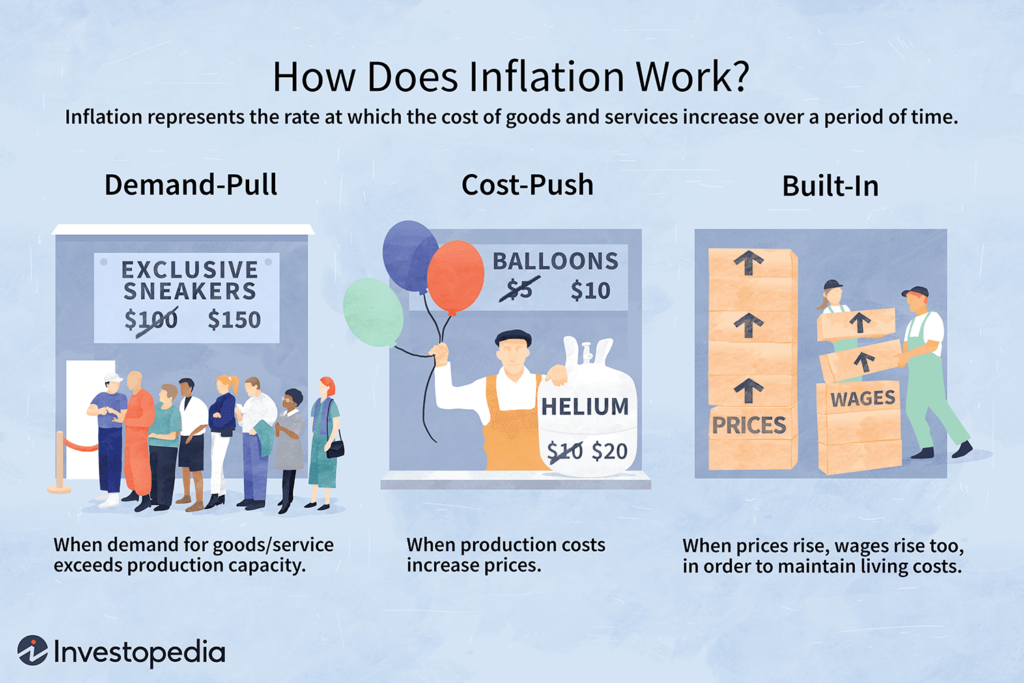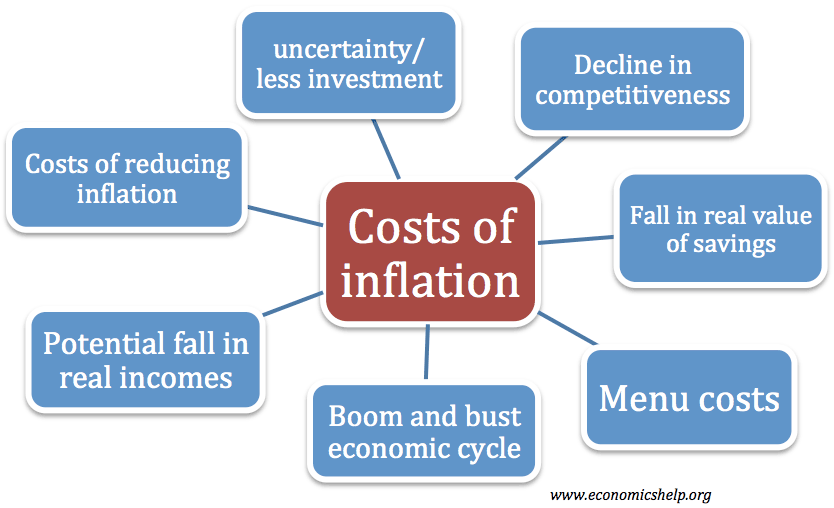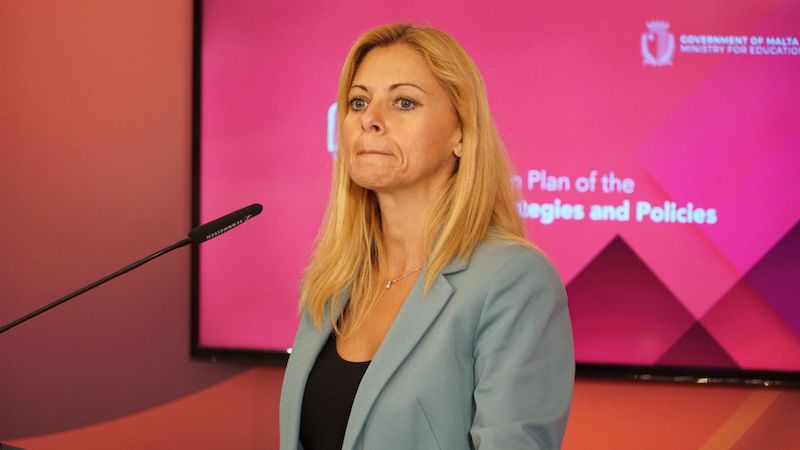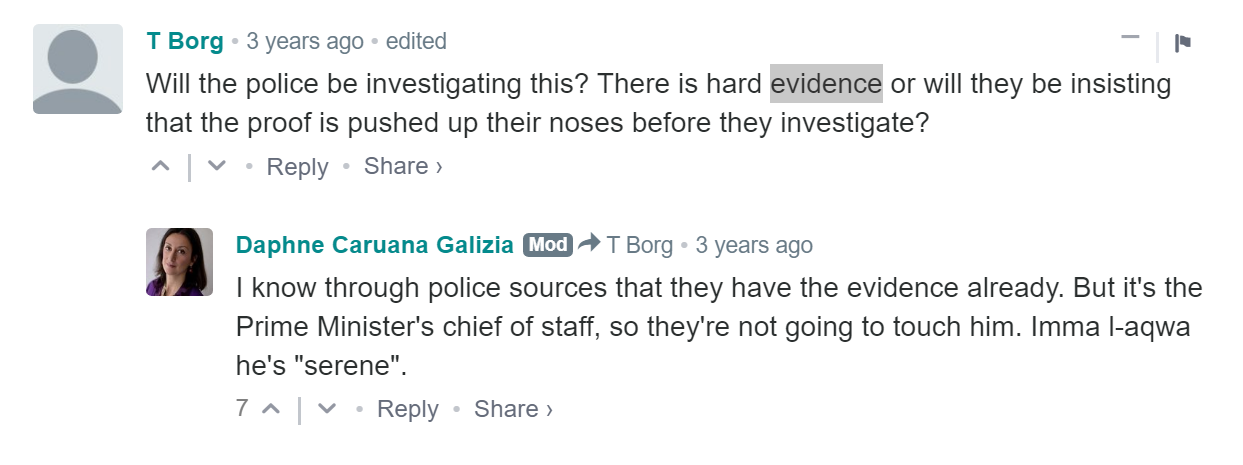Tander and Lying
Alex Agius Saliba (Tander) Labour MEP and member of the S&D group is a liar. More specifically Alex Tander Saliba is lying about what happened in the European Parliament on Thursday 17th when the parliament voted on a resolution entitled “EU coordinated action to combat the COVID-19 pandemic and its consequences“. The controversy drummed up at EU level has been taken to a different level in Malta thanks to the immigration controversy that is vying with COVID for top heading in the news.
Ironically this gives us the opportunity have a detailed look at what happening on both fronts: immigration and COVID. Along the way it allows us to dispel several untruths that are being fed through a ghastly government spin that feeds on populism, nationalism and sovreignist claims with a heavy dose of EU skepticism and mistrust. This fomenting of public sentiment has proven a welcome distraction for politicians from all sides unable to lift themselves out of the mire of abject incompetence.
Let us look therefore at what happened in Brussels last week and while we are at it we may understand the wider dynamics of European and national politics in times of COVID. I will take advantage of our semi-lockdown situation by assuming that a long read is a welcome time-filler these days.
A resolution of sorts
What was the vote about on Friday? Resolution RC-B9-0143/2020 is titled, as we have seen, “EU Coordinated action to combat the COVID-19 pandemic and its consequences”. Let us step back for a moment and see WHO is resolving before we see the WHAT. This is the European Parliament (EP) – the institution of the EU made up of directly elected members from all the states. Compared to the Council (made up of Member State government representatives) it is the more ‘Europeanist’ of institutions – acting in the interest of the European Project.
The vote was for a resolution: less legal as an instrument and more political or diplomatic if you like. While the EP can and does have a role in law making in the EU (it has a direct role in the making of regulations and directives) it can also use the instrument of “resolutions”. EP resolutions are non-binding which means that they have no legal force and are often used in areas where the EU has no formal competence but where the EP would like to push a certain agenda. So that is a first point to be made: this was a non-binding resolution by the EP on a specific issue.
Wake up EU! The EP Alarum!
Now to the subject matter of the resolution. The EU is not passing through a good patch. The COVID pandemic has exposed huge faults in the European project and is severely testing the will of its parts. Landmark events in the previous decade or so seemed to point to a project that had gone off the rails as the original inspiration from the European forefathers began to lose its shine. There was no longer any appeal in the pooling of resources nor in the deepening of cooperation.
Migratory pressures had piled upon economic differences and the COVID pandemic brought out the worst of the worst. It can be summed up simply: there was no longer a team Europe. From the start the reactions were anything but coordinated. Ironically at the early stage of the spread on the continent, even the EU institutions were distracted by an immigration problem: Turkey’s Erdogan was pulling all the stops to wreak havoc and blackmail the Union by unleashing thousands of migrants at its borders.
So by the time we were knee deep in pandemic-mode the States had engaged in a free for all DIY approach – to each his own. If this was not bad enough, we also had to deal with the fact that the EU barely had any competence in terms of healthcare provision. As the state of affairs worsened in State after State part of the blame was put on the EU. What can the EU do for us?
The opening considerations of the EP resolution include an admission that “the EU response to the COVID-19 pandemic has so far been marked by a lack of coordination between Member States in terms of public health measures, including restrictions on the movement of people within and across borders and the suspension of other rights and laws; whereas with our economy having been put on hold, the effects of the ensuing disruption on European citizens, businesses, workers and the self‑employed will be dramatic”.
Why is the EP ‘admitting’ this? Well, in part it is not an admission but an admonition. The lack of coordination between Member States is no fault of the EU institutions but rather a result of the will of the Member States themselves. This resolution, based on the values of solidarity and economic, social and territorial cohesion is an attempt to urge the MS out of this lack of collaboration.
The EP resolution is a reminder of the duty of solidarity to Member States and also a reminder to the European Council to get a move on concerning economic measures to deal with the crises. This resolution is an answer to all those who have been asking where the EU has been in all this time. The EP is taking the lead in urging the Member States back in line and away from their knee-jerk populist go-it-alone reactions.
L. whereas this is a moment of truth for the Union that will determine its future and that can only pull through this crisis if Member States and European institutions stand together in solidarity and responsibility, and when a strong and united voice of the European Parliament is needed more than ever;
Preamble of the resolution
The resolution itself reads as a summary of what has happened till now and what should be done when moving forward. There is the collective admission of failure to act collectively and a rallying call to turn this around in order to fulfill the Union’s mission of helping the most vulnerable and those who are suffering most as a result of the pandemic. These include the elderly, the sick, those in conflict-afflicted areas and areas prone to natural disasters, the migrants and those who are exposed to domestic violence – especially women and children.
Contrary to what people like Alex Tander would have us believe this is not a resolution about immigration. It is a resolution about COVID and how the Member States should be working together.
Is concerned by Member States’ initial inability to act collectively and demand all future actions taken by Member States to be guided by the Union’s founding principle of solidarity and loyal cooperation; believes that the COVID-19 crisis has shown above all the importance of joint European action; stresses that the Union and its Member States have the common resources to fight the pandemic and its consequences, but only when cooperating in a spirit of unity; recognises that Member States, having acted unilaterally at the beginning of the crisis, now understand that cooperation, confidence and solidarity are the only way to overcome this crisis;
Point 5 of the resolution
Calls on the Commission and the Member States to act together and to rise to the challenge and ensure that the Union emerges stronger from this crisis; stresses that Parliament will cooperate with the other EU institutions to save lives, protect jobs and businesses, and drive economic and social recovery and that it will stand ready to hold them accountable for their actions;
Point 6 of the resolution
Action Plan
The 14 page document is practically a to-do list for all actors in the EU system – from Council to Commission to Parliament to the Member States – to be able to do their part and work together during the crisis. There is a part concerning “European solidarity and action in the health sector” urging different measures in this area of weak central competence.
The section concerning “European solutions to overcoming economic and social consequences” tackles the economic dimension of the crisis with a step by step account of what should be done at different sectors and what injections the EU can provide.
The next section concerns “Protecting democracy, rule of law and fundamental rights“. Much of this part reads as a reminder of the duty and obligation of Member States to respect fundamental rights and the rule of law even in times of crises when they may be tempted to put these rights in abeyance for ‘public safety concerns’.
The message is simple: Yes, we may have a pandemic on our hands but this is no excuse to trample on fundamental rights and backslide on the rule of law. Temporary suspension of certain treaty rights (Such as free movement) must be necessary, coordinated and proportionate. Interestingly the section on sexual and reproductive health rights attracted no controversy from the Maltese MEPs even if it would have been easy fodder any other day.
Calls on the Member States to effectively guarantee safe and timely access to sexual and reproductive health and rights (SRHR) and the necessary healthcare services for all women and girls during the COVID-19 pandemic, especially access to contraception, including emergency contraception, and to abortion care; strongly rejects any attempts to backtrack on SRHR and LGBTI rights, and in this context condemns the attempts to further criminalise abortion care, stigmatise HIV positive people, and undermine young people’s access to sexuality education in Poland, as well as the attack on transgender and intersex people’s rights in Hungary;
Point 48 of the resolution
Point 50 of the approved resolution is where Tander’s lies begin. The final approved point reads as follows:
Calls for full respect of the Geneva Convention and European asylum law; points out that provisions have to be made for the reception of new asylum seekers in appropriate sanitary conditions and medical support, and therefore expresses its deep concern at the situation of refugees and asylum-seekers arriving at the Greek islands, and in hotspots and detention centres, who do not have access to adequate health care and who are particularly at risk; considers that necessary solutions, including the preventive evacuation and relocation of the population at high risk, must be found to ensure the appropriate material conditions and social distancing to avoid contamination; stresses the important contribution of many migrants and descendants of migrants who are working to ensure the proper functioning of many essential sectors across the EU, and in particular in health and care sectors;
Point 50 of the Resolution
Hot isn’t it? Hal Far anyone? Still. This is not what got Saliba’s tits in a twist. We have to look at a motion for amendment that ultimately did not pass. Basically before the text that I am quoting from (the Final Resolution) passed, the EP got to vote on a list of motions for amendment. Essentially these are suggested changes to the text that might add to the overall shape of the resolution. Saliba’s Mendacious accounts relate to one particular amendment that was suggested. Amendment 52:
Obey the Law: Amendment 52
So here is the text of the amendment that got Saliba’s patriotic balls into hyperdrive:
39a. Calls on Member States to abide by their obligation under international
law to assist ships in distress and provide a place for disembarkation for people who have been saved at sea, including by civil society boats and merchant vessels; recalls that solutions should be found to protect the lives and health of both the people in distress at sea and the people on land;
Amendment 52 to the Resolution (failed to pass)
It’s not a complicated amendment is it? This would have been a paragraph inserted before what would eventually become Point 50 quoted above. You do not need a law degree to understand the import of this amendment. The EP would be calling upon Member States to abide by their international law obligations. That is laws that ALREADY EXIST and obligations that are ALREADY IN PLACE. The EP is not inventing the wheel. It is not saying anything new. The obligations EXIST. The amendment would be a timely reminder in context just in case some hypothetical government decides that the COVID pandemic is a good enough excuse to renege on these obligations and allow people to die at sea. Hypothetically of course.
What does Tander (doctor of laws) understand of all this? Well, his reading of the paragraph includes these pearls of wisdom:
“Emenda illi b’mod dirett kienet se taffettwa lil pajjizana b’mod dirett. … L-emenda kienet tghid (ghalkemm ma ssemmix lil pajjizna b’mod dirett) illi pajjizna f’dawn iz-zminijiet ta’ emergenza sanitarja ghadnu jispicca centru ta’ salvatagg f’nofs il-Mediterran.”
“An amendment that would effect our country directly. The amendment said (Without mentioning our country directly) that in these difficult times of a health emergency our country would have to become a Salvage Centre in the Middle of the Mediterranean Sea.”
“ahna inkunu mgieghla illi naccettaw f’pajjizna bejn seba’ mitt elf u miljun immigrant irregolari illi bhalissa dawn jinstabu fuq ix-xtajta tal-Libja lesti sabiex jaghmlu t-tragitt taghhom u jidhlu fl-Ewropa”
“We will be forced to accept into our country between 700,000 and 1 million immigrants who are currently on the shores of Libya ready to start their trip into Europe”.
Tander’s Wisdom
Now before I go on to explain how far down the rabbit hole Tander’s interpretation is, let us look at the voting results that shot down the amendment. 299 MEPs voted in favour of the amendment. That included almost all of the Socialist Group of which Tander forms part. Almost because Tander was among the 369 who voted against. The only S&D member to do so in fact. There were 29 abstentions and these included 3 S&D members among which were Labour’s Cutajar and Sant. Miriam Dalli was the only Maltese MEP to vote in favour since the PN MEPs voted along PPE lines with Comrade Berlusconi. More on those later.
Back to Tander’s outrageous claims. It is obvious why he is taking his stand. He claims it himself in the video he circulated on facebook trumpeting his vote. He is aligning himself with PM Abela and Varist the confessor who have gone into spinning overdrive concerning the ‘tough decision’ that ‘ic-ckejkna Malta’ (Little Malta) had to take when allowing people to die at sea. The Malta First claims come out in all its force and the tune that is music to the ears of the patriotic, populist bunch of energumens that are the worst plague of the island will continue to be sung in this manner.
Tander can and will get away with these claims to the point that now even Miriam Dalli has become the target of the populist wave for having dared to vote in favour of what after all would have been a relatively innocuous addition to the resolution. The situation in Malta is such that the false lines on NGO collaborators of people traffickers have been fanning the flames long enough to have become true. The migrant devil is shot down via the messenger – the chimera of mafia driven NGOs who run the “civil society boats” mentioned in the abandoned amendment.
Sadly for Tander anyone intelligent and patient enough to read the resolution will be able to see through his hypocritical statements and lies. He portrays himself as some hero who saved Malta from an obligation to take on a flotilla of immigrants ready to evacuate the shores of Libya tomorrow. Did he for one second even imagine how many dinghies or boats are necessary to carry that amount of immigrants if it were true? What kind of buffoon comes up with this shit?
He may have a degree in law but I doubt whether he has ever had to use it. The international laws referred to in the amendment did not vanish away once the amendment was defeated (with a little help from the EPP and those schizophrenic Nationalist Party MEPs). The obligation to save lives in distress remains. Not only that but the rest of the resolution, as we have seen, includes references to other duties towards migrants already held in detention centres. Tander missed those.
The end of the beginning
We are far from the end of the COVID crisis. Resolutions such as this one are welcome signs of that the heart of Europe is ticking notwithstanding the reticence of its limbs to play their part. The puerile attempt by the likes of Tander to turn a national problem into an anti-EU crusade should be easily unmasked. Sadly the spin and speed of fake news and fake information is doing its part to undermine any efforts of revival of the European project.
We can only vow to soldier on. Fighting lies with facts and exposing the charlatans for what they really are. Next one on the list: Varist the Confessor. That’s all for now.
Good night and good luck.










